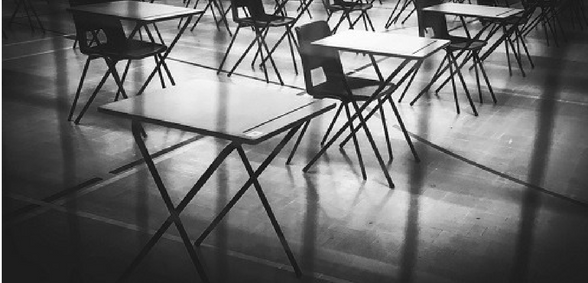
CREDIT: This story was first seen in TES
TES reports that educational inequality is “deeply entrenched” and school funding squeeze risks making things worse, the Fair Education Alliance warns.
Poorer children are educationally almost 13 months behind their wealthier peers by the time they sit GCSEs, social mobility campaigners have warned.
The Fair Education Alliance, a coalition of 86 organisations, said that the “funding crisis in schools” risked widening the gap.
According to the alliance’s third annual “state of the nation report card”, educational inequality continues to be “deeply entrenched” in the UK.
The report found that the GCSE achievement gap between those at schools serving low-income communities and those serving high-income communities was 12.8 months in 2016 – a slight narrowing on the 13.1-month gap the year before.
However, the Fair Education Alliance warned that on the current trend the country is set to fail the alliance’s target of closing the gap in GCSE attainment by 2022.
At a regional level, children attending schools serving low-income communities fare the worst in the South East, both in terms of the lowest GCSE attainment and the largest gap – 18.7 months – with schools serving high-income communities.
As well as the gap at GCSE, the report contains a number of other findings highlighting the scale of educational inequality.
For example, children from low-income families are over four times as likely as other children to be permanently excluded from school.
Pupils from more affluent families attending state schools were also almost four times as likely as young people from low-income families to go on to join a higher-tariff university in 2016.
Only 2.5 per cent, or one in 40 children who were eligible for free school meals, went on to one of these higher-tariff institutions, compared with almost one in 10 better-off children, with the gap in the relative chance of entry to a higher-tariff university unchanged from 2015.
The gap in literacy and numeracy at primary was 8.2 months in 2016, although as with GCSE attainment there was a marginal narrowing from the 8.4-month gap in 2015.
The Fair Education Alliance warned that the school funding squeeze could exacerbate educational inequality.
Sir Richard Lambert, the chair of the alliance, said: “Inequality in education is still deeply entrenched in our country and our report card is a stark reminder of the scale of the challenge.
“The government must address the funding crisis in schools – freezing school budgets in a time of rising inflation will only make the journey more difficult.
“As the UK seeks to reposition itself in the world, it becomes more crucial than ever that our young people are able to fulfil their potential irrespective of their parental background,” he added.
To improve social mobility, the alliance has called on the government to protect real terms funding on a per pupil basis.
It has also recommended a designated and trained senior leader responsible for careers guidance in every school in the country, and that every early years group setting serving for the 30% more deprived areas in England should be led by an early years teacher or equivalent by 2020.
Don’t forget to follow us on Twitter and keep up-to-date with the latest news and features
